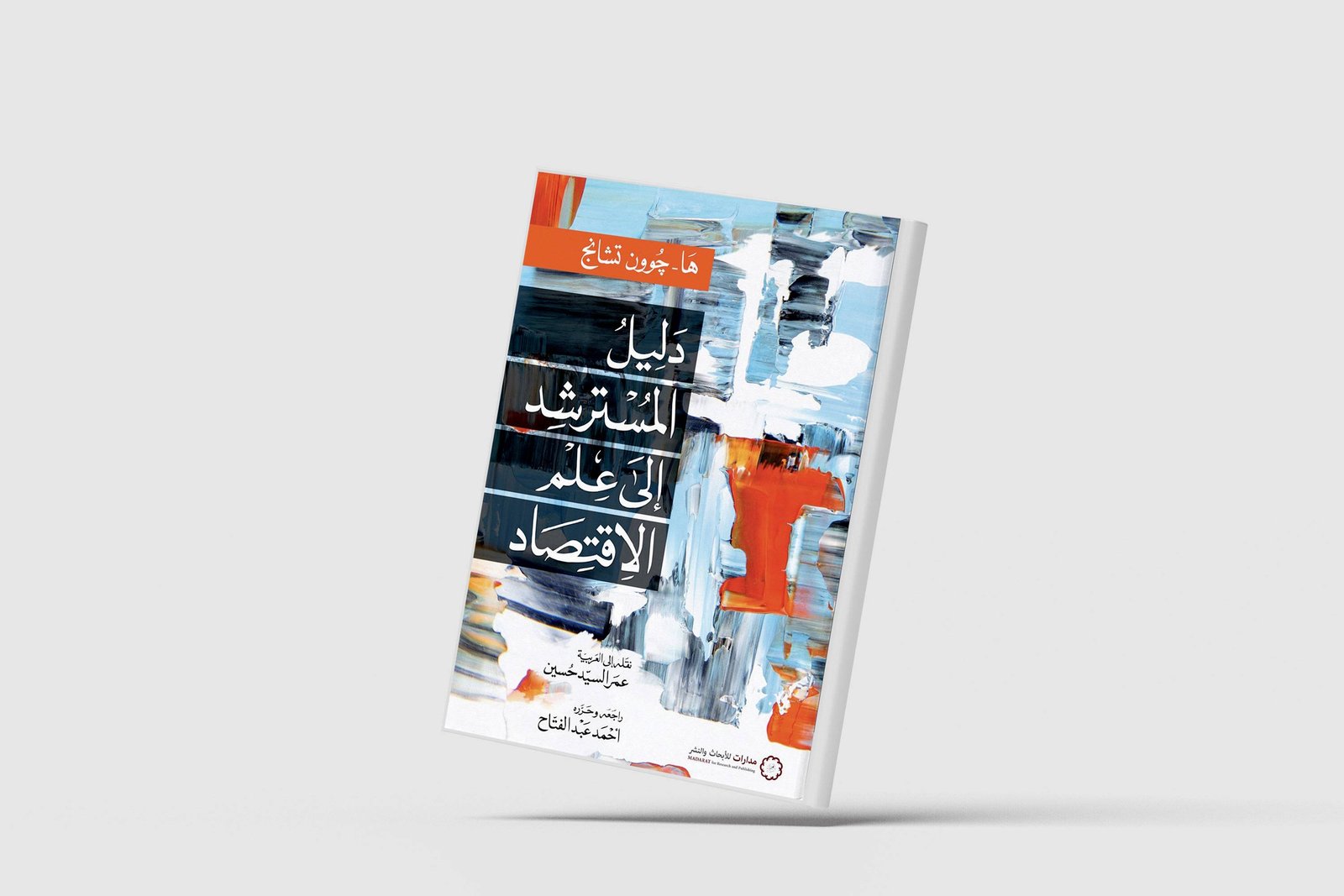The new classic economy or the so -called “nucleicic” is not the only school governing the global economy
The economy is in the simplest and most accurate definitions is “The Science of Power”, and for this it has become a necessity for every real citizen in a respectable society a bit of knowledge of the basics of the economy in history, theories and effective policies. These are some of the nature of the era that we live, which assumes knowledge of the strategic joints that govern our world. Understanding the economy often occurs from the classic gap: income, functions, pensions, and other topics; But the economy is further than these issues. If we want to reform the economy in favor of the majority, make our governmental and societal policies more effective, and make the world a better place to live for us and for future generations, we must ensure some basic economic knowledge of each individual in us.
The global financial crisis was in 2007-2008, and the stagnation and economic polarization that followed it was a harsh reminder of the absurd fact that our economy left professional economists and other “technocrats” to manipulate it as they like. We must all participate in the management of the economy as active economic citizens. Of course, there is “what to do” and there is “what can be done.” Many of us are very physically exhausted because of our daily struggle for survival, and a mentally busy with his personal and financial affairs. The possibility of carrying out the necessary effort may seem to become an active economic citizen – that is, learning the basics of the economy, and paying attention to what is going on in the economy – hard and frightening. However, doing this investment in effort and time is much easier than you think. The economy is much easier to understand than many economists. This is what a professor of economics at Cambridge HA-JOON Chang tells us in his book “23 Things of Tell You About CaPitalism”, the translator into Arabic, where he angered some of his professional colleagues by announcing that 95 per cent of the economy is based on proper intuition (Common Sense) It gives it complexity by using terms, mathematics and statistics; While the remaining 5 percent can be understood in essence (if not in its full technical details) if it is explained in a good way by a passionate teacher who has sufficient insight.

Once you acquire an essential understanding of how the economy is working, monitoring what is going on is less asking for your time and attention. As is the case in many other matters in life – you learn to ride a bike, learn a new language, or learn to use the new tablet – it becomes an effective economic citizen with an effective economic citizen after you train to overcome the initial difficulties and continue to practice this transgression. You don’t have to do this alone. Speaking with your family and friends on daily economic issues, whether they are jobs, inflation or banking crises, will enrich your knowledge and refine your arguments. These days, there are active groups that provide online lessons in the economy for ordinary citizens, and these lessons are enough to make the endeavor that ordinary citizens make to learn and think of the economy more interesting and enjoyable.
HA-JOON Chang: a British economist from South Korea, specializing in development economics. He works as a professor in the political economy of development at the University of Cambridge. In 2013, “Pros Egypt” magazine ranked one of the best 20 world thinkers. He wrote many books that have achieved major sales, including the following three books translated into Arabic:
– «The Rights: The Legend of Free Trade and the Secret History of Capitalism»
– «23 Something they do not tell you about capitalism.”
«Economy: User Guide»
His latest book was translated into Arabic in 2024 under the title “The Guide to Economic Science.”
Zhang begins his book with a remarkable phrase: “The new classic economy (or the so -called nucleusic) is not the only ruling school for the global economy.” Then it is established on this phrase the fact that it is not unique to an economic theory of superiority over other theories, and in exactly there is no objective fact agreed upon by all economists. The economy cannot be a science as it is physics; It is not possible to reach a consensus on its basic questions, not to mention determining its answers. Zhang is not looking for a ready economic formula. He argues a lengthy in the book that the economy in its essence is a policy; Thus, we should not think of a perfect answer perspective. The debate in the economy is an open arena on various possibilities as is the case of politics, and this discussion will never end.
If there is a meaning for the “failure” of the economy, which is the most important issue for every citizen and government in the world as Zhang argues, then this failure is not due to the fact that the economy should have “predicted” the collapse and disasters that have witnessed past years. The economy failed because pluralism has failed. Our current economic scene arose on the basis of accepting some basic principles: the individual is completely selfish, completely rational, and is able to create ideal markets by working to serve his own interests. This mixed mixture of competing visions failed and has not actually achieved, and we have ignored it and the global economy suffered because of this.
Zhang in this book makes economic history and economic theories a series of narratives connected to a way that raises the reader’s appetite for follow -up and serious reading. “How did we get here?” Zhang reviews the chapter. For centuries of history, divided the history of the developed world into different eras: the industrial revolution, the turmoil (1914-1945), the Golden Age (1945-1973), and the period of the throne (1973-1979), then from 1980 to this day. This provides a remarkable and rapid explanation of everything, which is a growth of growth, which was painfully slow during the first few centuries, and the conditions for the success of free trade (and what freedom in reality means is the “trend towards the strongest”), and the inevitability of the outbreak of a first global war because the growth of the period that preceded it was based on imperialist policy, not national production, and the impact of the great recess on thought and politics. In the folds of his economic history, Zhang is keen to address basic topics like: What does high unemployment mean? What are the Bretton Woods institutions, and why are they created? What are the successes of free trade and free market, and what are their limits? Why is the word “liberal” this degree? What actually happened to the countries affiliated with the Soviet bloc at the end of the Communist era? Zhang clearly draws the area map, and even more: turns it into a land that you enjoy exploring.
I think that the beloved section in the Zhang book is that “Let a hundred flowers open”, as it describes the nine major intellectual schools in the economy, then it launch new names, which you can use, if you like, to describe yourself. The author’s unusual cultural references abound in economic reference classics, and this is a real advantage in the book. The nine schools that Zhang took are Austrian, behavioral, classic, developmental, institutional, Kenzah, Marxism, New Casician, and Comptier. At the end of the chapter, Zhang draws a practical plan in how to mix and maximize the benefit of these schools.
We can use the Zhang book as a preliminary guide, a reference, or a brief history; It is suitable for serving all these intellectual endeavors, but it is not limited to it. It reflects the generosity of an economic thinker with a desire to all understand the basics of the economy, not a classic technological system, but rather the theories driven by complex social and moral auctions, and in this lies the uniqueness of the book and its superior qualitative value.



